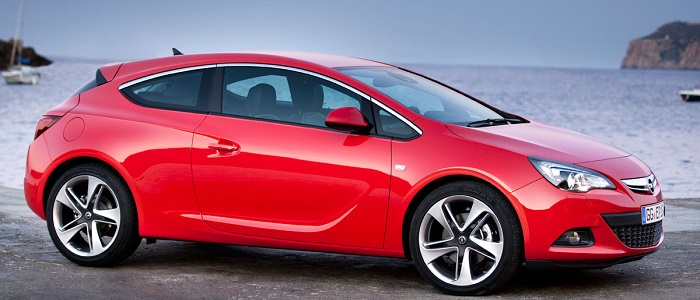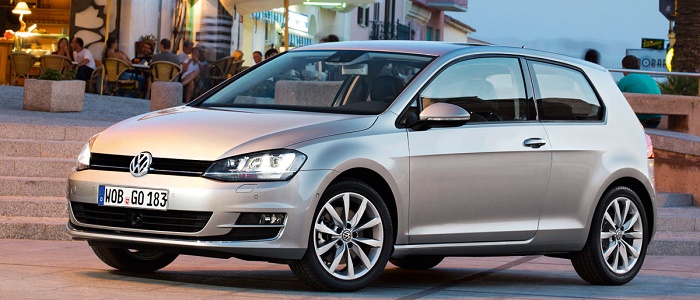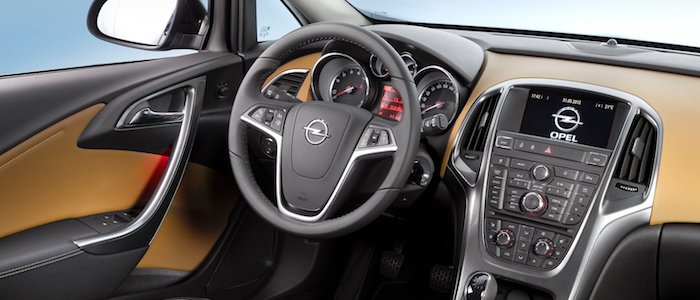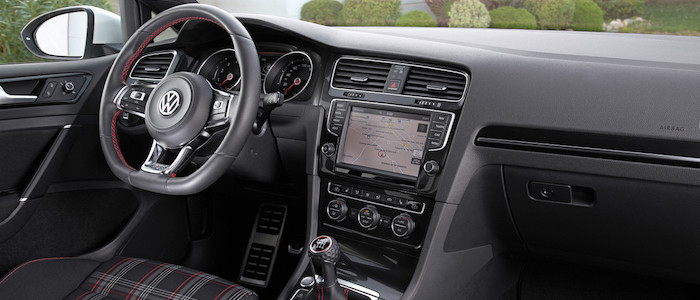Compare two cars
Compare any two cars and get our Virtual Adviser™ opinion
Marketing
Dimensons & Outlines
Engine
Performance (manual gearbox)
Performance (automatic gearbox)
Expenses
Virtual Adviser's™ opinion
Well, these are two pretty similar cars we have here! It's only details that could potentially make the difference. Considering they both belong to the small family car segment and utilize the same 3-door hatchback body style and the front wheel drive system, it all comes up to the specific diesel engine choice they offer. The first one has a Isuzu-engineered powertrain under the hood, a 4-cylinder, 16-valves 130hp unit, while the other one gets its power and torque from a 4-cylinder, 16-valves 110hp engine designed by Volkswagen.
SafetyBoth vehicles got tested by European New Car Assessment Programme (Euro NCAP), with the same number of safety stars gained in the process. Moving further on, let's take a closer look at some additional safety-related facts. Both vehicles belong to the small family car segment, which is generally classifying them somewhere in the middle safety-wise, but that fact doesn't break the tie between the two cars. Furthermore, if we'd like to consider vehicle mass in this context too, which we definitely should, Astra offers a considerable difference of 17% more metal.
ReliabilityReliability is not the best thing to consider on the make level, but it is worth mentioning that both brands display similar results in faults and breakdowns, at least on all of the models level. That's the official data, while our visitors describe reliability of Opel, as well as Volkswagen, with the same average rating of 4.2 out of 5. Some independent research have also placed Astra as average reliability-wise, and Golf is more or less at the same level.That apart, owners of different cars powered by the same engine as Astra rank it on average as 4.2, while the one under the competitor's bonnet gets 4.3 out of 5.
Performance & Fuel economyVolkswagen is a bit more agile, reaching 100km/h in 0.1 seconds less than its competitor. Still, it lacks the power to win the top speed competition, topping at 192 kilometers per hour, 4km/h less than the other car. When it comes to fuel economy the winner has to be Golf, averaging around 3.8 liters of fuel per 100 kilometers (74 mpg), in combined cycle. We can't ignore that 18% difference compared to Astra.
Verdict
Volkswagen appears just a bit more reliable, although the difference is truly marginal. The most important thing when deciding between any two vehicles should always be safety, both passive and active. In my opinion, everything taken into account, Astra offers significantly better overall protection, taking the lead here. From there things take a different direction, with Volkswagen offering somewhat better performance, just enough to call it quicker. To make things even better, it consumps less fuel! I believe that, when we take all into account, we have only one winner here - the Volkswagen. Anyway, that's the most objective conclusion I could've came up with and it's based solely on the information found on this website. Aspects such as design, practicality, brand value and driving experience are there for you to measure them out. In case you have two minutes to spare I invite you to define your needs, desires and budget and see which car would be chosen by the virtual adviser™, among thousands of similar, yet so different vehicles.


































